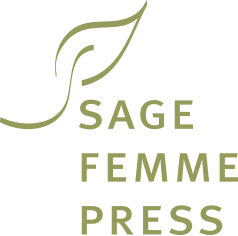The first time I happened upon a commentary celebrating the 100th anniversary of the publication of T.S. Eliot’s long poem, “The Waste Land,” there was this quote from the poet: “Genuine poetry can communicate before it is understood.” I understand why he may have found it necessary to say this. I, not for want of trying, have never been able to commune with Eliot’s dark, jagged poem, dense with historical, classical and linguistic allusions, much less understand it. I won’t dispute that it is genuine. Critics say it is seminal, a watershed, a central work of modernist poetry. It has endured.
But if I were to offer an example of genuine poetry that communicated to me in advance of (or sometimes in the absence of) understanding, it would be “Omeros,” Derek Walcott’s book-length poem, a retelling of Homer’s ancient Greek sagas set in the Caribbean and laden with cultural and classical references that did not disrupt my engagement with the story or my appreciation of the music of the language. To my mind, it’s a distinct contrast to Eliot’s.
I don’t claim to be immune to the lure of the obscure. In “Fantasie-Impromtu” I end with these lines: It only takes one to lift [a child’s spirit] up / and set a rainbow in her hair. It’s a reference to Chopin and “I’m Always Chasing Rainbows,” the song based on a lyrical section of his piano piece. Even I don’t pretend to know how the rainbow metaphor came to me but I’m grateful for it and hope the imagery speaks to readers whether or not they know the music.
Now back to Eliot’s statement. In my view, there’s no reason to label poetry genuine or—what?—fake? bad? I say it either resonates with you or it doesn’t. Just like music. Just like a painting, a story. We all get to decide what art feeds our spirit and delights our senses.
